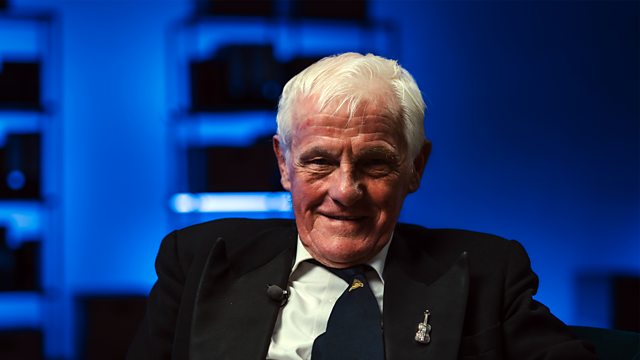
Confirmation Bias
Criminologist David Wilson explores the concept of police confirmation bias – when our law enforcers overlook the evidence to focus on the wrong perpetrator.
In this episode, criminologist David Wilson explores the concept of police confirmation bias and how miscarriages of justice can occur when police are selective about the evidence available to them. David goes to Dunfermline to examine the story of Andrew Forsyth from 1995 that led to one of the gravest miscarriages of justice in Scottish history and a former police officer being sentenced to five years in prison.
David’s first guest is Professor James Chalmers. An expert in miscarriages of justice, Professor Chalmers discusses how we all possess inherent bias, and that police must work to recognise and lean into their bias to avoid targeting the wrong perpetrator and reduce the possibility of wrongful convictions. David is also joined by resident forensic scientist Helen Meadows, who takes us through the evidence left behind after the 1973 murder of young woman Margaret McLaughlin in David’s hometown of Carluke. David travels back to Carluke to examine the murder of Margaret who was taking a shortcut to the train station when she was stabbed 19 times and her body left in a wooded area. Despite what seemed an obvious false confession, George Beattie spent nearly two decades in prison for what many people believe was a crime he did not commit.
Back in the studio, David speaks to former Scottish Crime Squad detective Bob Beveridge, who was part of the investigating team at the time. He recalls carrying out house-to-house enquiries, and David makes the case for someone he believes could have been responsible for Margaret’s murder.
Last on
Credits
| Role | Contributor |
|---|---|
| Presenter | David Wilson |
| Presenter | Helen Meadows |
| Executive Producer | Harry Bell |
| Producer | Andrew Chambers |
Broadcasts
- Tue 6 Dec 2022 22:00
- Wed 7 Dec 2022 23:30
- Tue 16 May 2023 23:00
